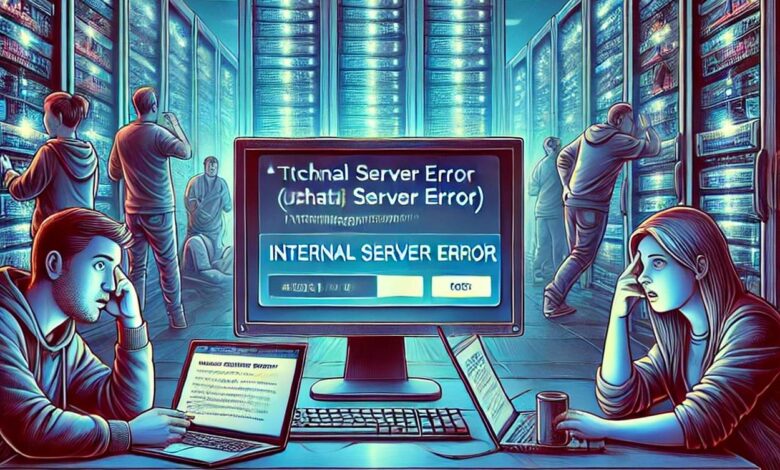ChatGPT Faces Second Major Outage This Month

The innovative AI chatbot ChatGPT, developed by OpenAI, faced yet another major disruption this month, leaving users frustrated. The outage occurred during the early hours of the morning and impacted users across the globe. Microsoft, a key partner in OpenAI’s operations, has shed light on the cause of the issue, offering insights into the challenges that come with maintaining such a groundbreaking technology.
ChatGPT Experiences a Significant Downtime
At approximately 1:30 PM ET (12 AM IST), ChatGPT users began reporting widespread disruptions. Many encountered an “internal server error” message, effectively halting their ability to interact with the AI. This issue wasn’t isolated to a small group; thousands of reports flooded platforms like DownDetector, where users expressed their frustration over the inability to access the service.
The timing of this outage was particularly inconvenient, as it occurred during peak working hours in the United States, disrupting workflows and research activities. By the time the reports began tapering off after half an hour, the damage to user trust was already significant.
A Pattern of Outages: What’s Going On?
This is the second major outage affecting ChatGPT within a month. These disruptions have sparked discussions about the reliability of OpenAI’s AI models, including ChatGPT and the video model, Sora. The outages highlight vulnerabilities in the infrastructure supporting these advanced technologies, raising questions about scalability and dependability.
OpenAI, backed by Microsoft, has emphasized its commitment to addressing these challenges. However, the recurrence of such issues suggests a more systemic problem that requires immediate attention.
The Cause of the Outage: Insights from Microsoft
According to Microsoft, the issue stemmed from an upstream provider. This term typically refers to third-party services or infrastructure providers that play a critical role in maintaining the functionality of the primary service. While OpenAI’s acknowledgment of the issue demonstrates transparency, the reliance on external providers introduces a layer of complexity and potential failure points.
Microsoft’s explanation sheds light on the interconnected nature of modern AI systems. These platforms depend on a network of services, each of which must function seamlessly to ensure uninterrupted operation. When even one component fails, the ripple effect can lead to significant disruptions.
User Reactions to the Outage
As news of the outage spread, users took to social media platforms to express their frustrations. From casual users attempting to chat with the AI to professionals relying on ChatGPT for work-related tasks, the sentiment was clear: reliable access to the tool is essential.
Many users noted that the error messages lacked clarity, leaving them uncertain about when the issue might be resolved. This experience has underscored the importance of clear communication during such events.
Implications for OpenAI and the Future of ChatGPT
Frequent outages pose a challenge to the adoption and trust of AI technologies like ChatGPT. While OpenAI has consistently worked on enhancing its systems, these disruptions highlight the need for more robust infrastructure and contingency planning.
Moreover, reliance on upstream providers raises questions about the independence of AI platforms. Could OpenAI mitigate such issues by investing in its proprietary infrastructure? This remains a critical area for exploration as the company seeks to scale its operations.



